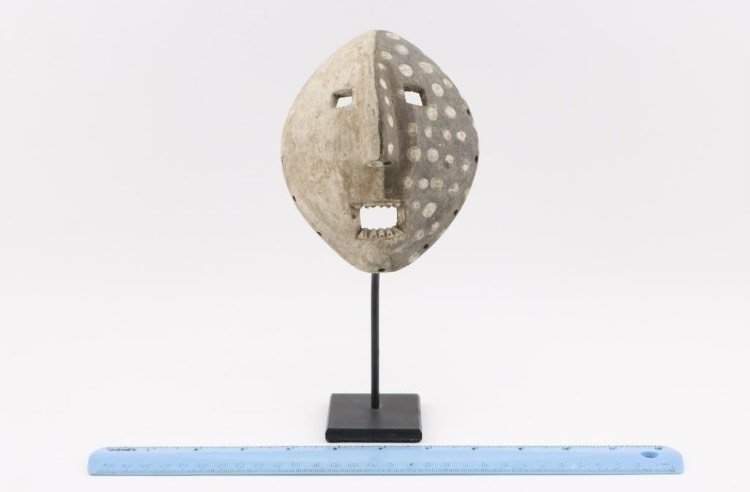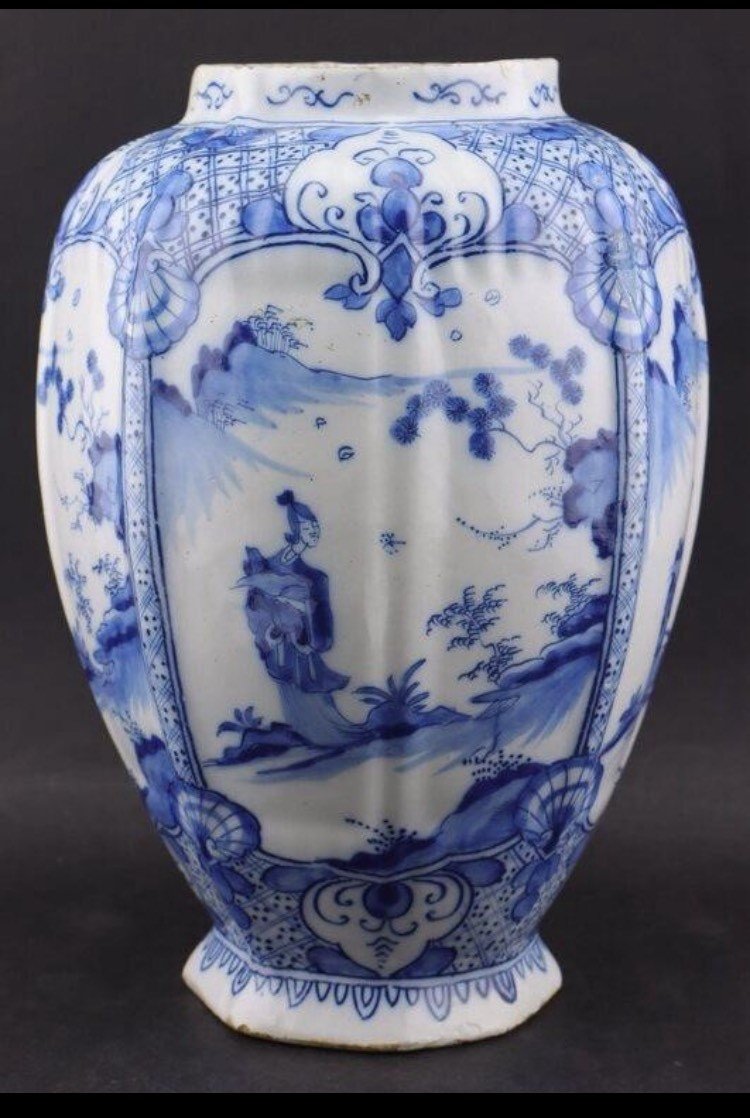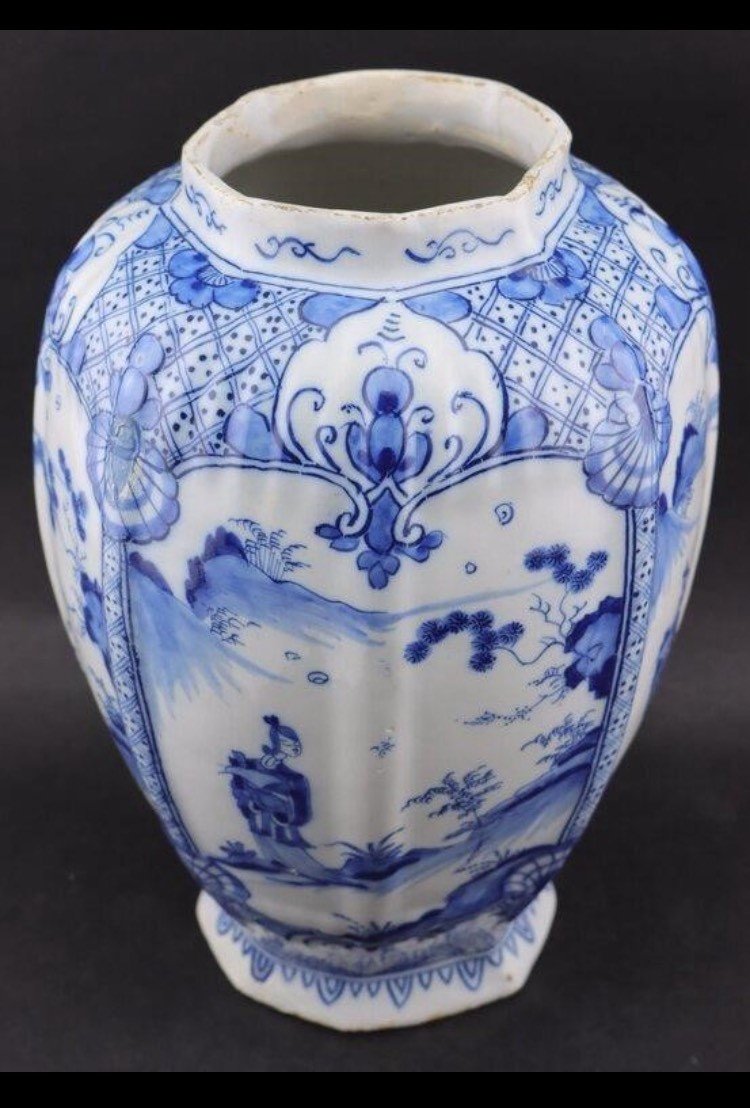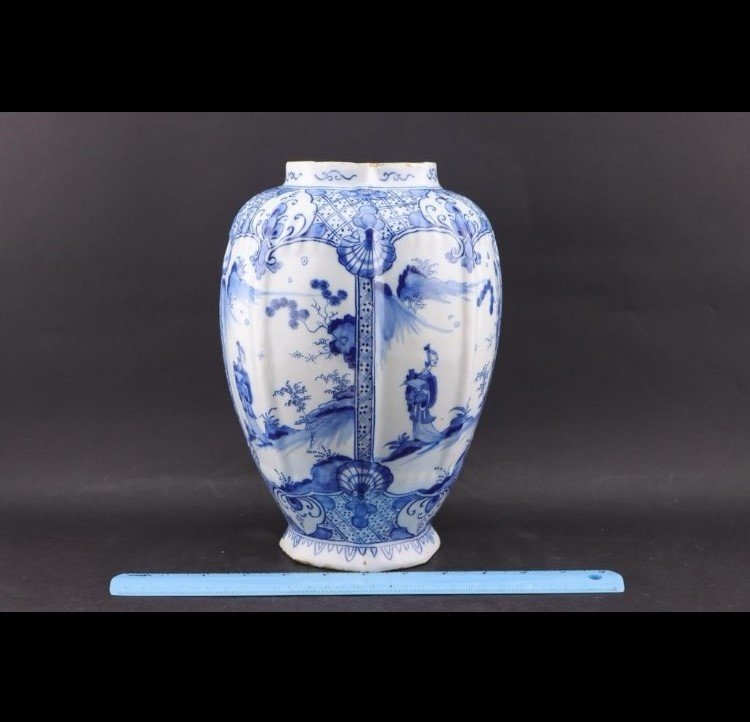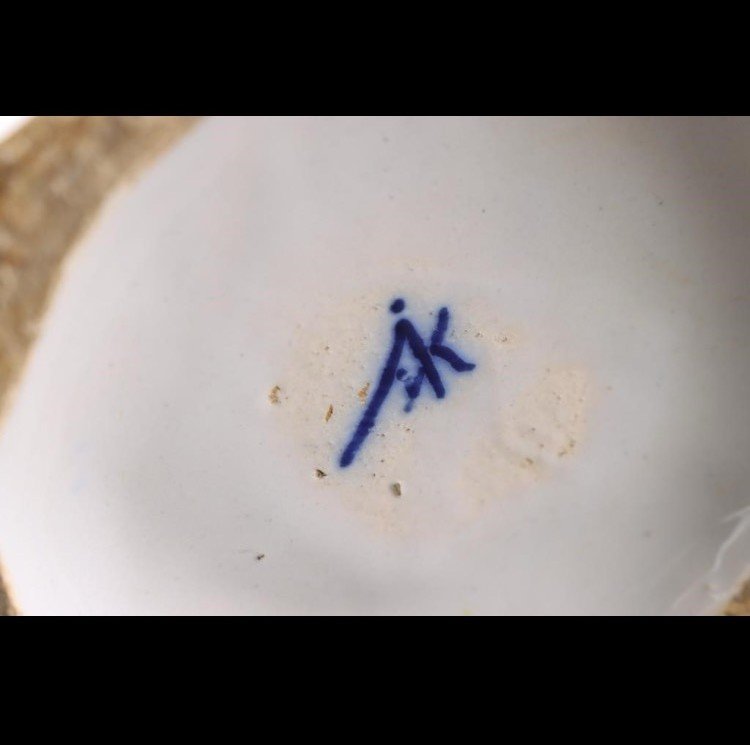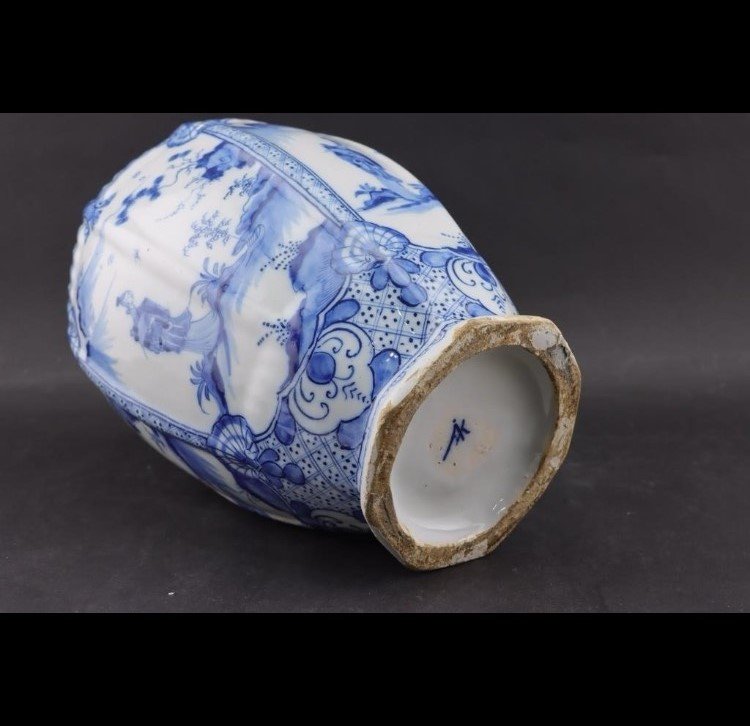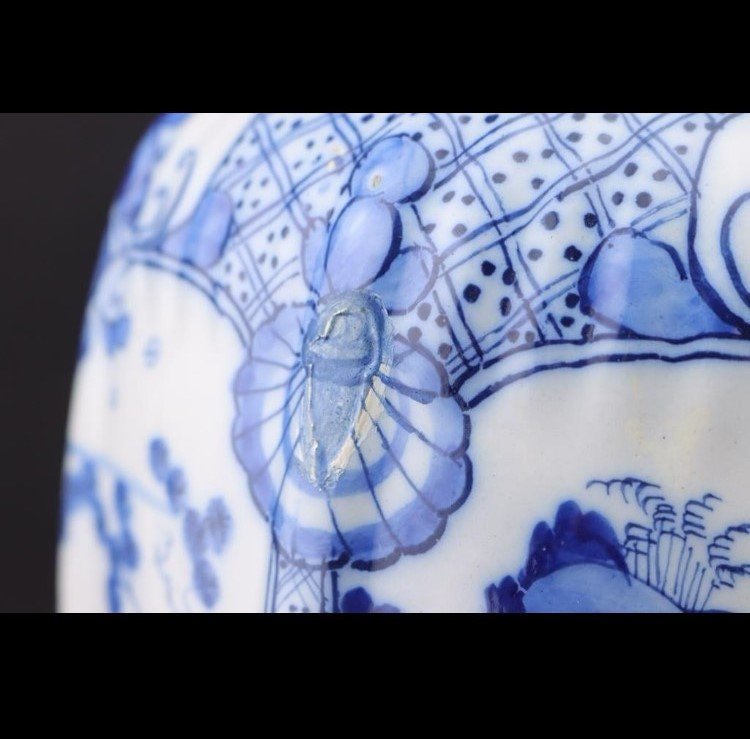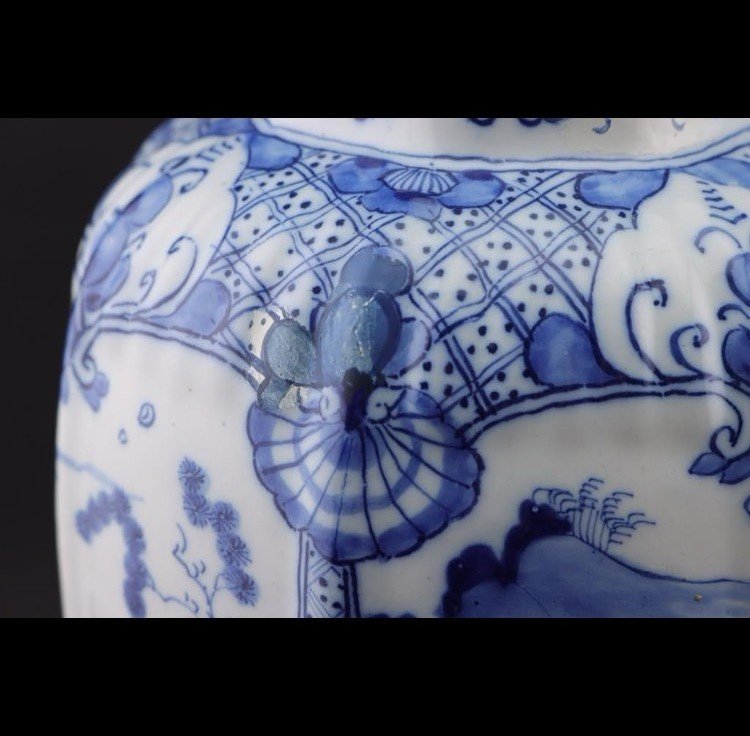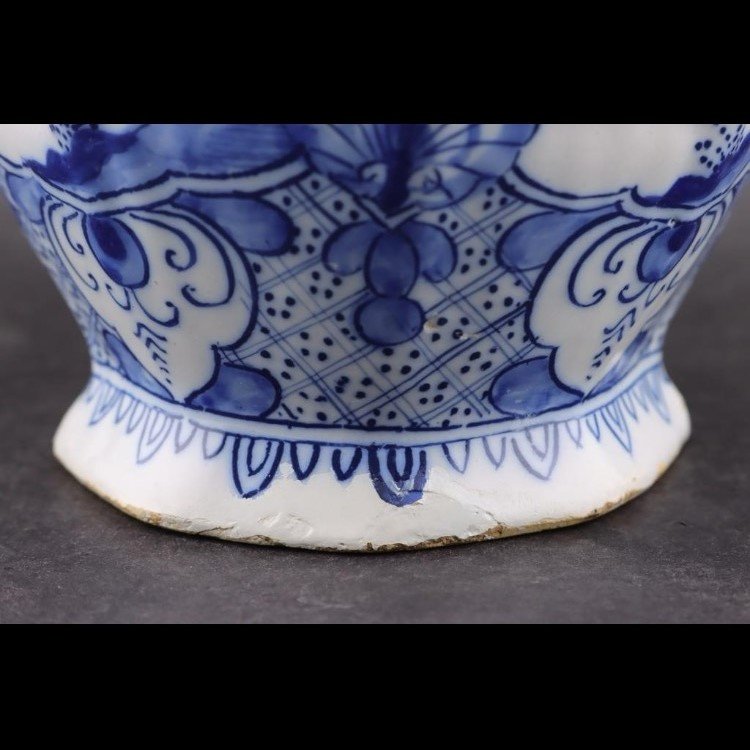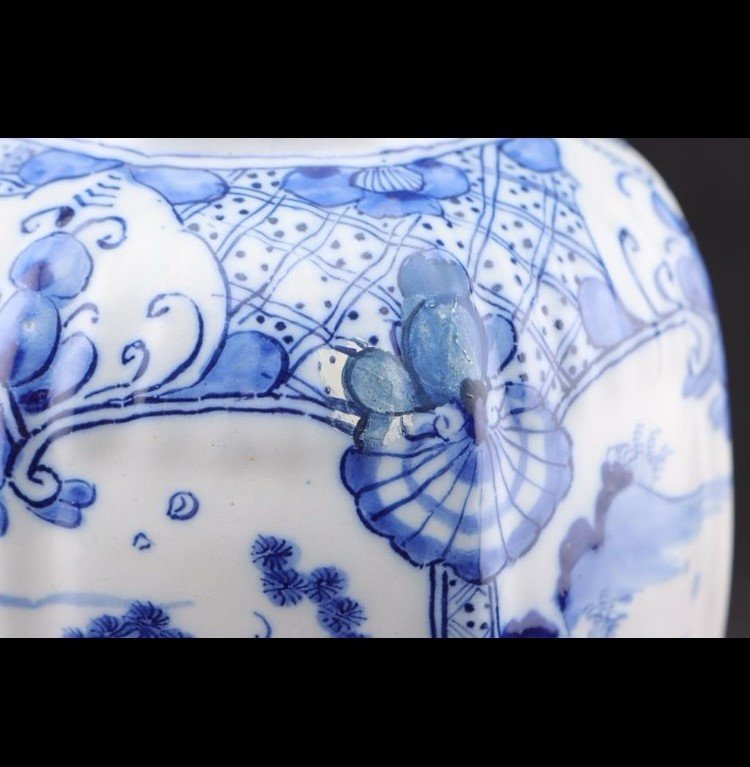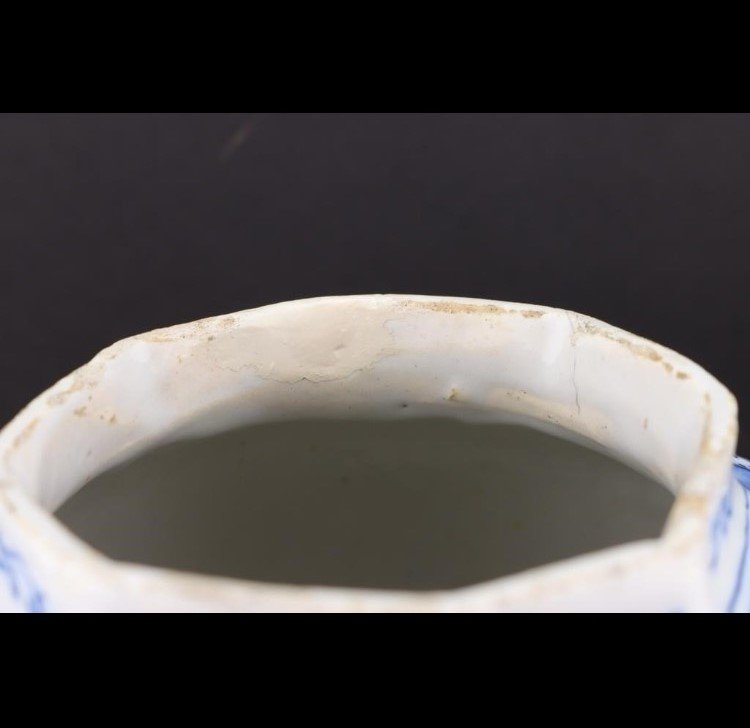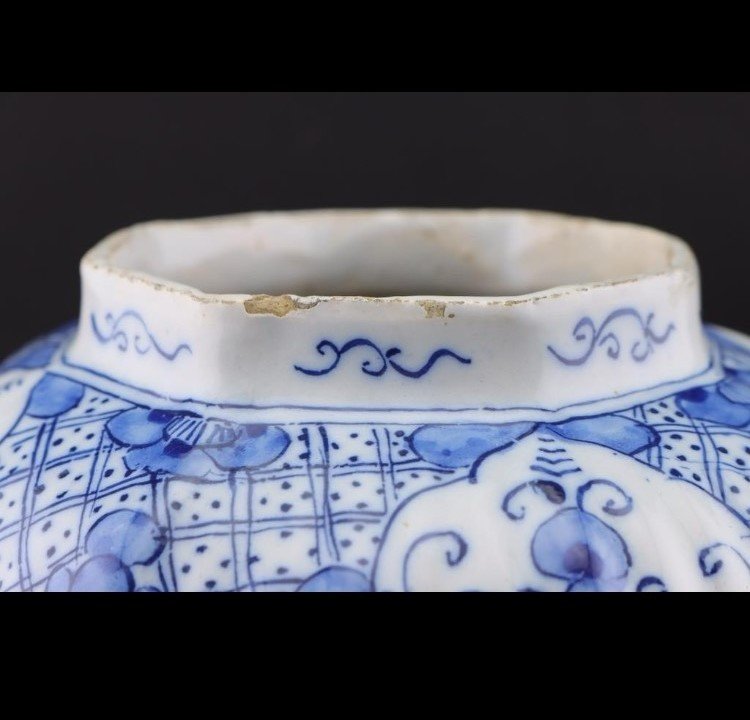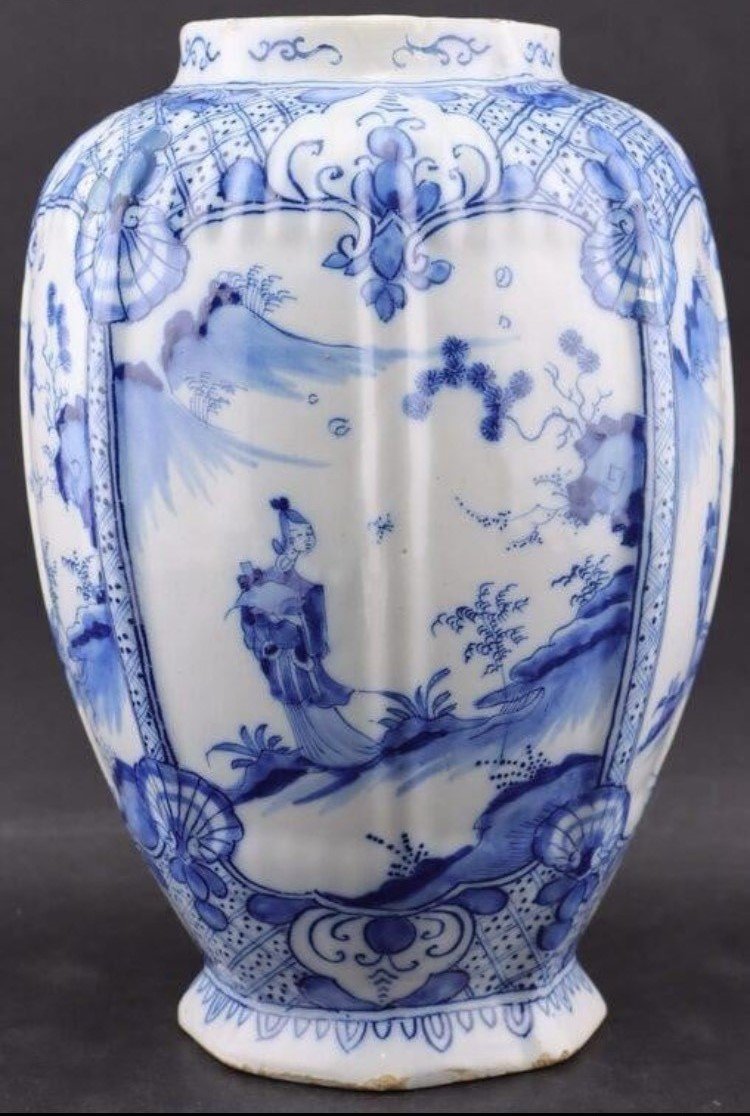 Image 1 of 6
Image 1 of 6

 Image 2 of 6
Image 2 of 6

 Image 3 of 6
Image 3 of 6

 Image 4 of 6
Image 4 of 6

 Image 5 of 6
Image 5 of 6

 Image 6 of 6
Image 6 of 6







African Pende Mbangu Sickness Mask
This striking African Pende Mbangu Sickness Mask from the Democratic Republic of Congo, created by the Western Pende people in the 1950s, is a profound piece of cultural artistry and symbolism. The Mbangu mask, traditionally used in Pende masquerades, powerfully depicts a person who is bewitched, diseased, or handicapped, often believed to be the result of moral corruption or bewitchment inflicted by a jealous rival.
The mask features a dynamic and expressive design that vividly captures the suffering and disfigurement associated with its symbolic representation. One side of the mask is often distorted, with exaggerated features such as a twisted mouth and bulging eye, symbolizing the pain and imbalance caused by the affliction. The detailed carving includes scars, which are believed to result from the inflicted person falling into a fire during an epileptic fit, adding to the mask's dramatic and emotive impact.
The Pende people use these masks in rituals and performances to communicate social and moral lessons, as well as to invoke the presence of spirits. The Mbangu mask, with its powerful imagery and cultural significance, serves as a visual narrative of the consequences of jealousy, moral failings, and the supernatural.
This mask is a remarkable example of mid-20th-century African art, blending traditional craftsmanship with deep cultural meaning. It is an essential piece for collectors and enthusiasts of African art and ethnography, offering insight into the Pende's spiritual and social beliefs.
Owning this Mbangu Sickness Mask means possessing a piece of history and a powerful artistic representation of Pende culture. It stands as a testament to the Pende people's rich artistic heritage and their intricate understanding of human nature and morality.
This striking African Pende Mbangu Sickness Mask from the Democratic Republic of Congo, created by the Western Pende people in the 1950s, is a profound piece of cultural artistry and symbolism. The Mbangu mask, traditionally used in Pende masquerades, powerfully depicts a person who is bewitched, diseased, or handicapped, often believed to be the result of moral corruption or bewitchment inflicted by a jealous rival.
The mask features a dynamic and expressive design that vividly captures the suffering and disfigurement associated with its symbolic representation. One side of the mask is often distorted, with exaggerated features such as a twisted mouth and bulging eye, symbolizing the pain and imbalance caused by the affliction. The detailed carving includes scars, which are believed to result from the inflicted person falling into a fire during an epileptic fit, adding to the mask's dramatic and emotive impact.
The Pende people use these masks in rituals and performances to communicate social and moral lessons, as well as to invoke the presence of spirits. The Mbangu mask, with its powerful imagery and cultural significance, serves as a visual narrative of the consequences of jealousy, moral failings, and the supernatural.
This mask is a remarkable example of mid-20th-century African art, blending traditional craftsmanship with deep cultural meaning. It is an essential piece for collectors and enthusiasts of African art and ethnography, offering insight into the Pende's spiritual and social beliefs.
Owning this Mbangu Sickness Mask means possessing a piece of history and a powerful artistic representation of Pende culture. It stands as a testament to the Pende people's rich artistic heritage and their intricate understanding of human nature and morality.
This striking African Pende Mbangu Sickness Mask from the Democratic Republic of Congo, created by the Western Pende people in the 1950s, is a profound piece of cultural artistry and symbolism. The Mbangu mask, traditionally used in Pende masquerades, powerfully depicts a person who is bewitched, diseased, or handicapped, often believed to be the result of moral corruption or bewitchment inflicted by a jealous rival.
The mask features a dynamic and expressive design that vividly captures the suffering and disfigurement associated with its symbolic representation. One side of the mask is often distorted, with exaggerated features such as a twisted mouth and bulging eye, symbolizing the pain and imbalance caused by the affliction. The detailed carving includes scars, which are believed to result from the inflicted person falling into a fire during an epileptic fit, adding to the mask's dramatic and emotive impact.
The Pende people use these masks in rituals and performances to communicate social and moral lessons, as well as to invoke the presence of spirits. The Mbangu mask, with its powerful imagery and cultural significance, serves as a visual narrative of the consequences of jealousy, moral failings, and the supernatural.
This mask is a remarkable example of mid-20th-century African art, blending traditional craftsmanship with deep cultural meaning. It is an essential piece for collectors and enthusiasts of African art and ethnography, offering insight into the Pende's spiritual and social beliefs.
Owning this Mbangu Sickness Mask means possessing a piece of history and a powerful artistic representation of Pende culture. It stands as a testament to the Pende people's rich artistic heritage and their intricate understanding of human nature and morality.
Category:
Country of Origin: Democratic Republic of Congo
Maker: Western Pende People
In House Collection: 2 of 4
Condition: F
Condition Additional Notes: Wear as shown, includes stand
Material: Wood/fiber
Age: 1950’s
Size: 12" tall





